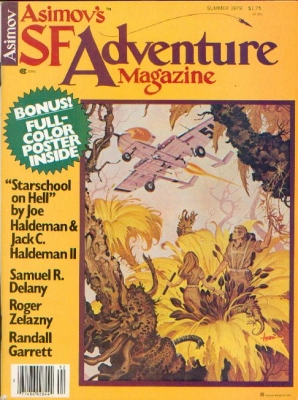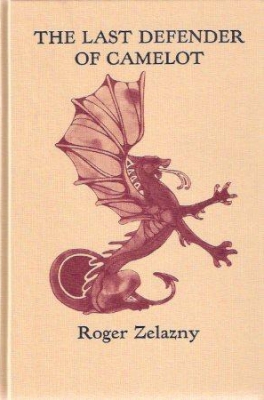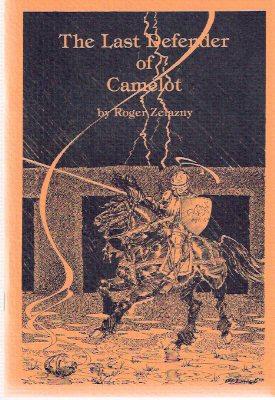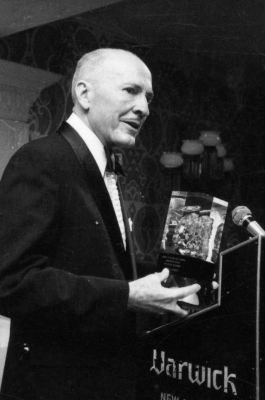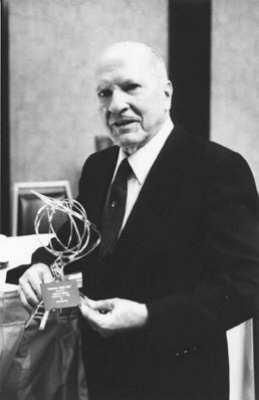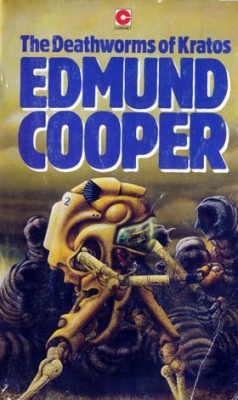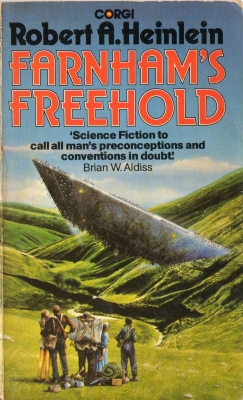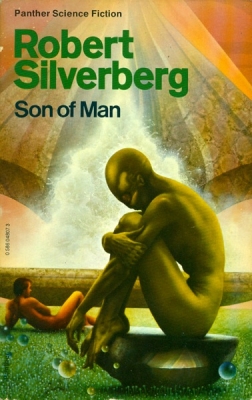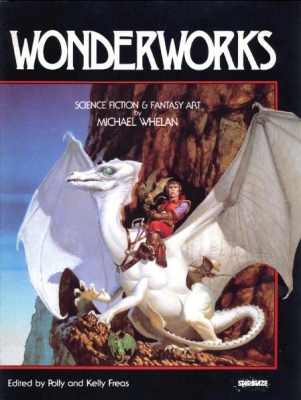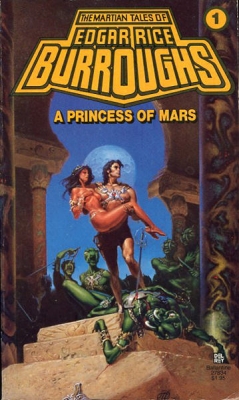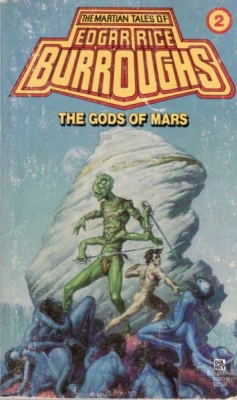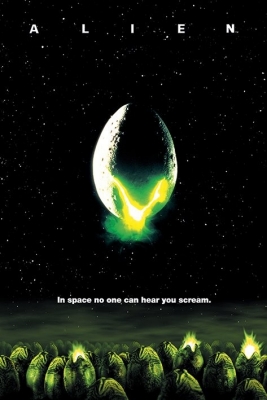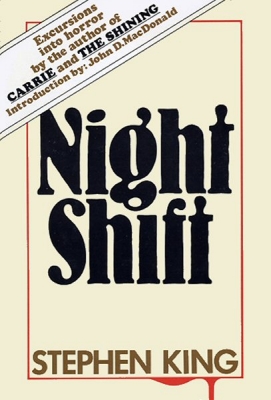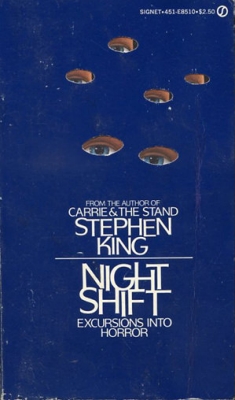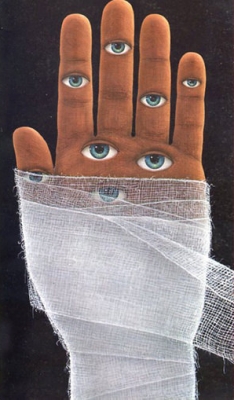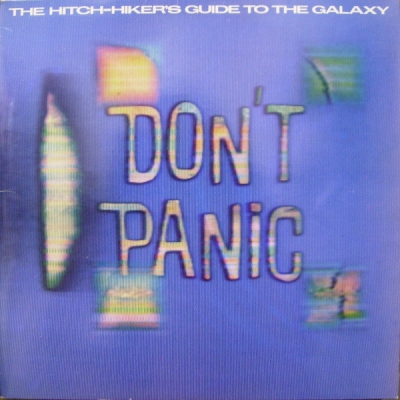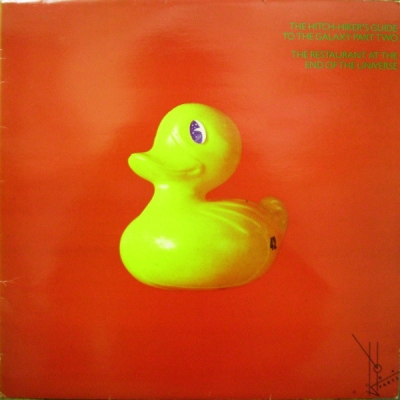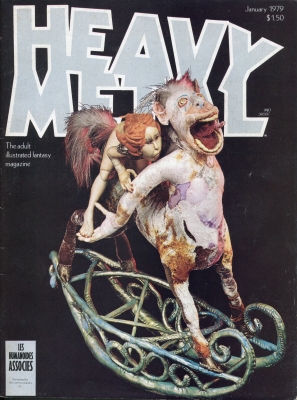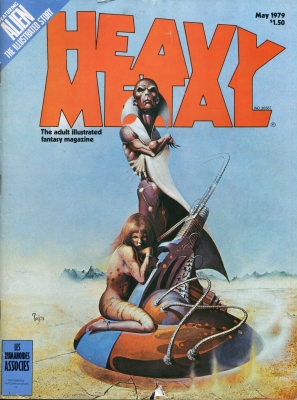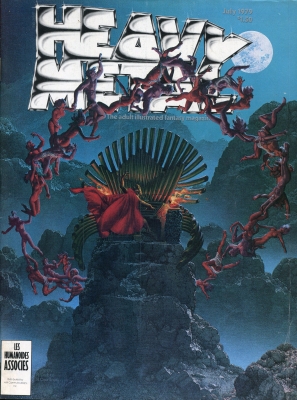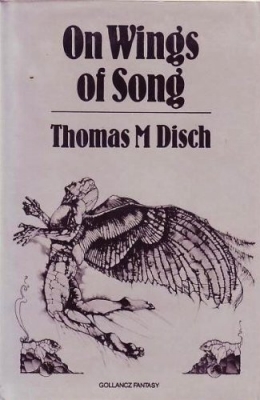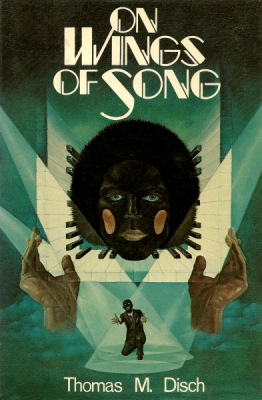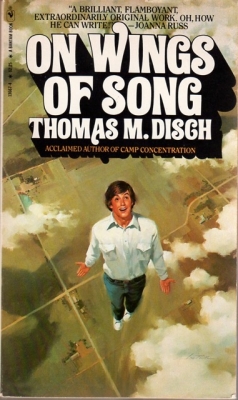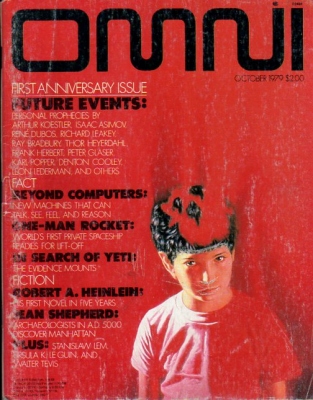The Golden Age of Science Fiction: “The Last Defender of Camelot,” by Roger Zelazny
The Balrog Award, often referred to as the coveted Balrog Award, was created by Jonathan Bacon and first conceived in issue 10/11 of his Fantasy Crossroads fanzine in 1977 and actually announced in the final issue, where he also proposed the Smitty Awards for fantasy poetry. The awards were presented for the first time at Fool-Con II at the Johnson County Community College in Overland Park, Kansas on April 1, 1979. The awards were never taken particularly seriously, even by those who won the award. The final awards were presented in 1985. Presented variously for “Short Fiction” and “Short Story,” this award was given out each year the Balrogs were presented.
Roger Zelazny’s “The Last Defender of Camelot” places an eternal Sir Lancelot in the modern era, dealing with such enemies as street muggers. Unsure of why he has a long life, he wanders the globe aimlessly, adapting to the new world while remembering the glory that was Camelot and searching for the Holy Grail. A (possibly) chance meeting with a fortune teller who turns out to be an equally long-lived Morgana LeFay informs him that he will never succeed in finding the Holy Grail, but instead the reason for his long life is that Merlin is about to awaken from his millennia long sleep and will need Lancelot to provide him with a guide to this future world.
